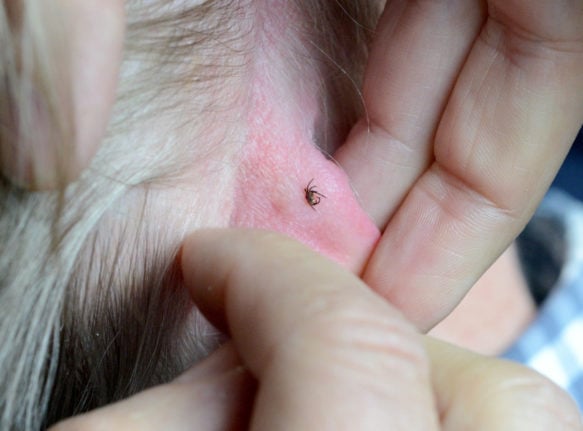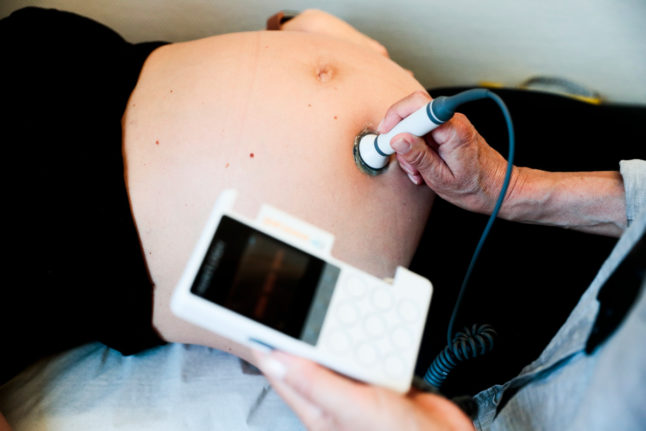According to the Public Health Agency, 170 cases were confirmed in the month of August alone – a new record.
“Ticks have had favourable conditions this year, with the weather alternating between high temperatures and a lot of precipitation,” infectious disease doctor Petter Malmström told regional public radio broadcaster P4 Sjuhärad.
The western Västra Götaland region has already had more cases so far this year than over the whole of last year.
READ ALSO:
TBE is a viral brain infection, which can cause a range of symptoms, usually starting with typical flu-like symptoms and then developing to include nausea, dizziness, and in around a third of cases, severe problems.
Symptoms usually appear around a week after the bite, but can take longer.
There is no cure, but it can be treated, and there is a vaccination too. The cost of the vaccine depends on where in Sweden you live, but it’s usually a few hundred kronor.
Ticks carrying TBE have historically been concentrated in certain areas in the southern half of the country and the Stockholm archipelago. The disease has however been spreading in recent years, as a result of climate change as mild winters help ticks thrive.



 Please whitelist us to continue reading.
Please whitelist us to continue reading.
Member comments